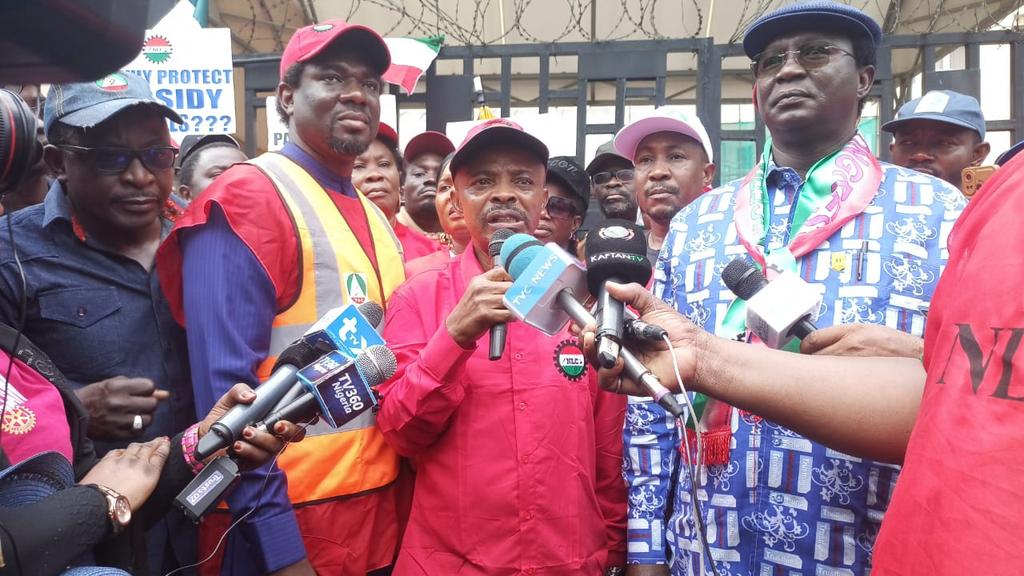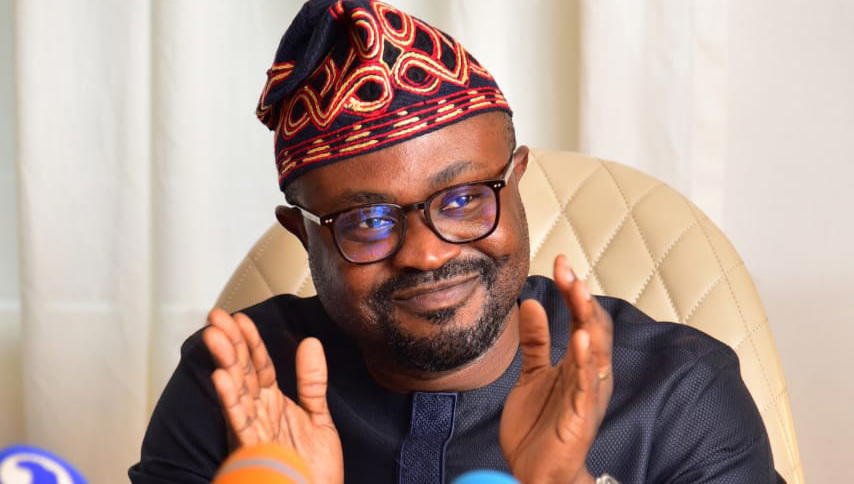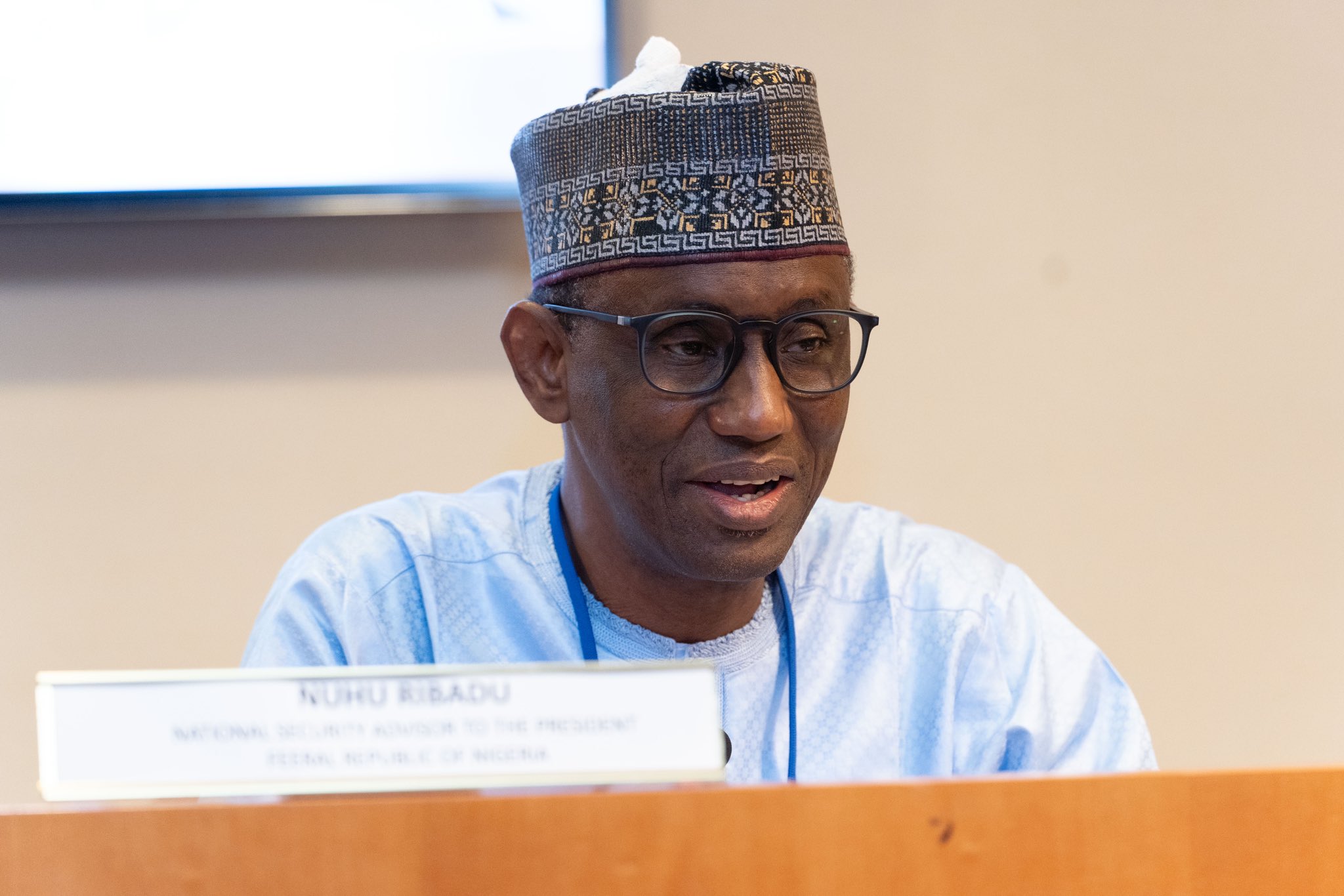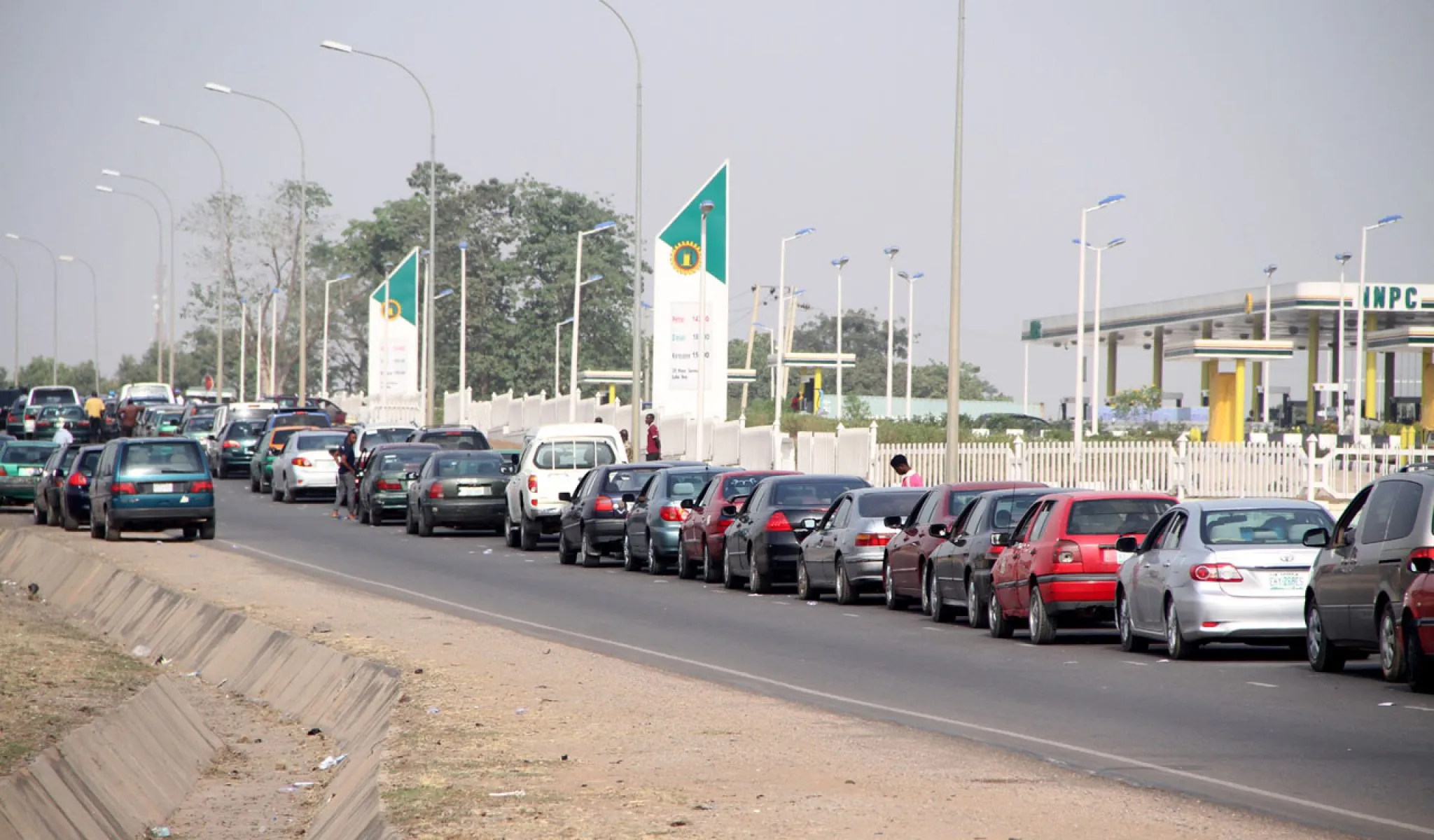The United States fast-food giant has ended its over four decades long sponsorship of the Olympic Games three years before it was suppose to elapse, thus ending a relationship which started in 1976. The International Olympic Committee, the organisers of the games announced on Friday that the duo has mutually agreed to end their sponsorship deal with immediate effect. The financial terms of the separation was kept confidential.
McDonald signed a contract extension in 2012 that was reportedly worth about $200 million. The fast-food chain becomes the latest US brand to abandon its Olympic sponsorship in the past two years, following Budweiser, Citi, Hilton and AT&T.
Much of that will be replaced by new sponsors in new categories. The IOC has new deals with Bridgestone, Toyota and Alibaba.
The Sports Business Journal reported that Intel is set to announce a deal with the IOC next week, and a person familiar with the negotiation confirmed that to The Associated Press. That person was not authorized to speak publicly because the deal has not been announced.
The IOC’s top-tier sponsorship program gives companies exclusive worldwide marketing rights and permission to use the Olympic rings in advertising. Those sponsors contribute about 40 per cent of the IOC’s total revenues.
The IOC said there were no immediate plans to replace McDonald’s in the fast-food category and that it would review that sponsorship segment going forward.
In response, the IOC has looked elsewhere for major sponsorship deals, particularly Asia. The IOC announced that the Chinese ecommerce giant Alibaba would sponsor the next six Olympics, in a deal expected to deliver at least 600 million dollars to its coffers.
Last week the IOC moved towards awarding the 2024 and 2028 Olympic Games to Paris and Los Angeles in the double vote unprecedented in its history.
Sponsorship and broadcasting revenues are usually split with the host cities, to assist to soften the financial cost of hosting the games.





















